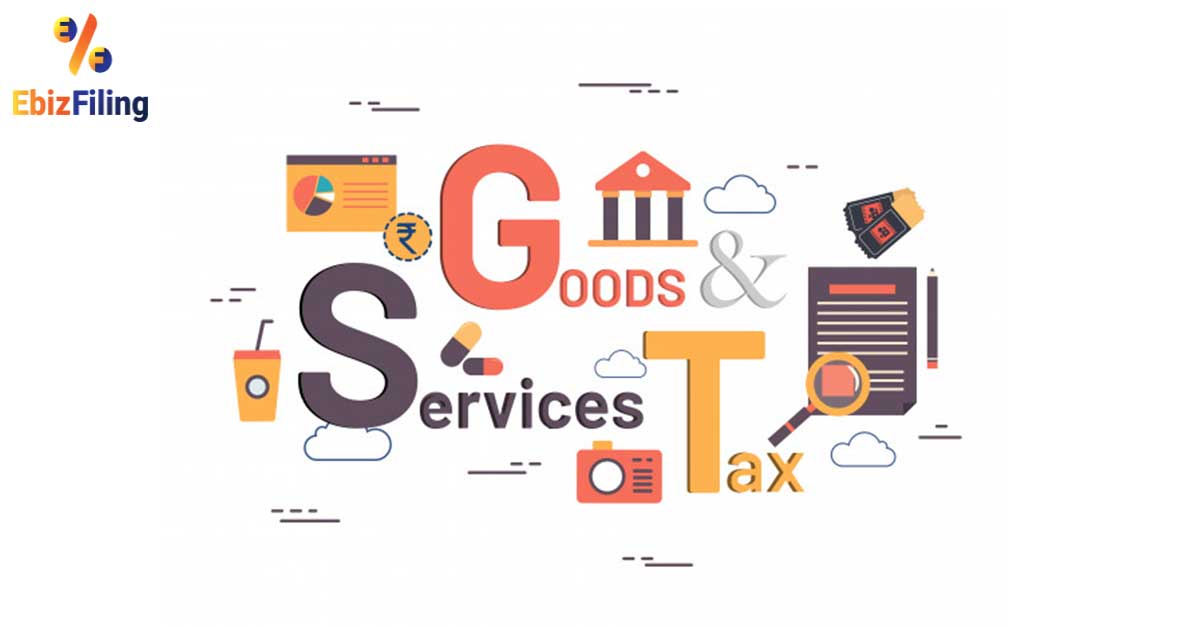Leading Tips for a Smooth Singapore GST Registration Experience
Leading Tips for a Smooth Singapore GST Registration Experience
Blog Article
Optimizing Tax Obligation Effectiveness: Professional Tips on Browsing the GST Registration Labyrinth for Small Companies
Browsing the intricate landscape of Goods and Services Tax Obligation (GST) enrollment can be a labyrinthine job for small companies intending to maximize their tax obligation effectiveness. Comprehending the eligibility criteria, precise paperwork needs, tactical timing factors to consider, and adept enrollment procedure suggestions can significantly affect a firm's financial standing. Conformity with GST guidelines is extremely important, and sticking to finest methods can improve procedures and avoid prospective mistakes. In this conversation, we will discover expert insights and workable suggestions that can empower small companies to browse the GST registration labyrinth properly and enhance their tax effectiveness.
Qualification Requirements
Eligibility demands for Small Service GST Registration include details criteria that businesses need to fulfill to comply with tax regulations. To certify for GST enrollment, a company should have a yearly turn over exceeding the threshold set by the tax obligation authorities, which differs by nation.

Documents Requirements
To successfully finish the process of GST enrollment, small companies need to guarantee they have all needed paperwork in order. The needed documentation commonly includes evidence of organization enrollment or incorporation, identification and address evidence of business proprietor, photos, savings account information, and proof of the principal place of organization. Additionally, organizations need to offer details of their business activities, including the services or products provided. It is crucial to make sure that all documents are accurate, as much as date, and in the specified style to avoid delays or beings rejected throughout the enrollment process.
Keeping all essential paperwork arranged and conveniently accessible can improve the enrollment procedure and assistance organizations conform with the demands efficiently. Thorough focus to detail and adherence to the documentation guidelines are important for an effective GST registration procedure for small businesses.
Timing Factors To Consider
Considering the essential documentation needs have actually been carefully resolved, the following essential aspect for small companies embarking on the GST enrollment process is the strategic monitoring of timing considerations. Timing plays a critical function in GST enrollment, impacting not only conformity however also monetary elements of the business. Small companies require to thoroughly plan the timing of their GST registration to optimize benefits and lessen prospective threats.

Furthermore, companies must line up the timing of their GST registration with their operational readiness. Ample preparation, such as upgrading audit systems and training click here now team, is vital to seamlessly incorporate GST requirements into daily operations. By purposefully handling timing factors to consider, local business can browse the GST registration procedure successfully and optimize their tax performance.
Registration Process Tips
Effectively browsing the GST registration process calls for tiny companies to apply positive and strategic enrollment procedure tips. One important suggestion is to guarantee all essential papers are conveniently available before beginning the registration procedure. This consists of service enrollment papers, proof of address, bank declarations, and recognition evidence of the organization owners. Verifying the accuracy of the info given is similarly crucial to stop rejections or delays.
Additionally, recognizing the limits and requirements for GST enrollment based on the particular state or area where the company runs is crucial. Some states have different turnover thresholds that cause obligatory enrollment, so being informed concerning these limits can help companies plan ahead.
One more valuable suggestion is to think about looking for professional support from accounting professionals or tax professionals that focus on GST enrollment. Their proficiency can improve the procedure, reduce mistakes, and ensure conformity with all policies.
Conformity Best Practices
Small companies should prioritize conformity to avoid charges and keep a good standing with tax obligation authorities. Little organization owners should regularly assess federal government guidelines and seek specialist advice if needed to ensure they are satisfying all needs. By incorporating these compliance finest techniques right into their procedures, small services can navigate the complexities of GST enrollment with confidence and efficiency.
Verdict
To official website conclude, local business can browse the GST enrollment puzzle by guaranteeing they satisfy eligibility criteria, gather called for paperwork, take into consideration timing effects, adhere to enrollment procedure tips, and abide by compliance best techniques. By optimizing tax effectiveness via proper GST registration, organizations can improve their economic management and operations.
Navigating the complex landscape of Product and Solutions Tax Obligation (GST) Your Domain Name registration can be a labyrinthine task for tiny companies intending to optimize their tax efficiency.Eligibility demands for Small Business GST Enrollment incorporate particular requirements that services should fulfill to comply with tax laws. The needed paperwork generally consists of evidence of organization registration or identity, consolidation and address proofs of the service owner, photographs, bank account details, and evidence of the major area of company. Additionally, services require to provide information of their company tasks, including the goods or services provided.Successfully navigating the GST registration process needs little organizations to implement aggressive and tactical enrollment procedure pointers.
Report this page